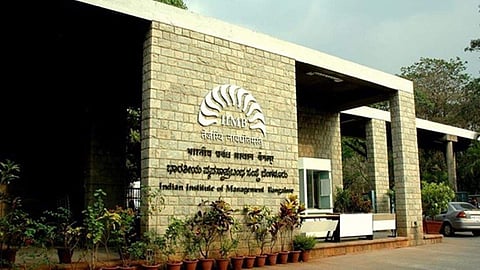

Nilay Kailashbhai Patel, a second-year MBA (Master of Business Administration) student at the Indian Institute of Management, Bangalore (IIM Bangalore), was found dead in his hostel room on Sunday, January 5, according to the premier business school. The statement by IIM Bangalore did not specify the cause of death.
According to The Telegraph, Nilay was from the Other Backward Classes (OBC) category.
Although no charges of stress, suicide, or caste harassment were made in connection with the student's death, the tragedy sparked a discussion among the institute's alumni and academics outside the institute about the lack of counselling and complaint channels on campus.
"A bright student, and a dear friend to many, Nilay will be sorely missed by the entire IIMB family. In this difficult time, we request consideration, respect, and privacy for him and his family," a message from the institute read.
After Nilay’s death, the institute director, Rishikesha Krishnan, wrote to faculty members that a stress release session would soon be held on the campus, The Telegraph reports.
On Friday, January 3, the Supreme Court of India asked the University Grants Commission (UGC) to provide data on the number of complaints received regarding caste discrimination at universities, while hearing a petition about Dalit and Adivasi students being pushed to suicide elite at higher educational institutions.
In this context, Nilay’s death has been subject to much more scrutiny, along with IIM Bangalore’s institutional grievance-redress mechanisms.
Many older IIMs, including the one in Bengaluru, are among the scores of campuses that have yet to establish equal opportunity cells (EOCs), as required by the UGC's 2012 regulations.
These cells, supposed to be chaired by a professor, are intended to address any complaints of discrimination against Dalit, tribal, OBC, or minority students.
